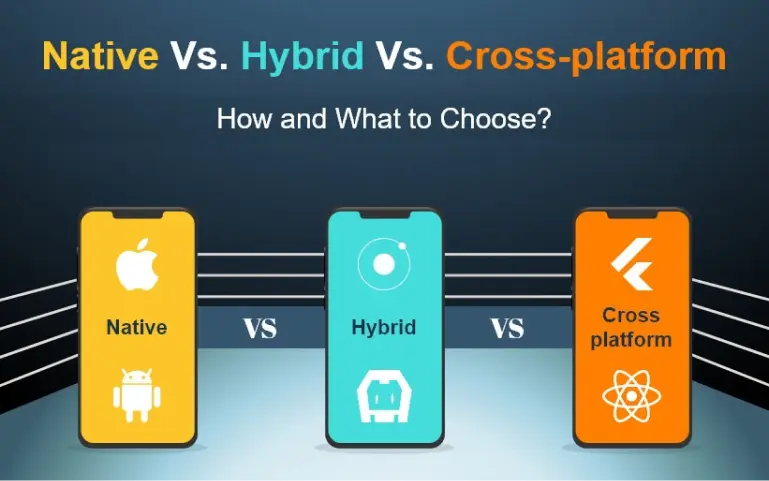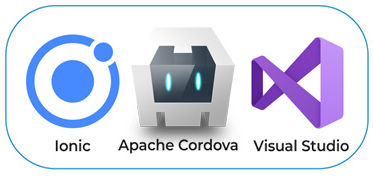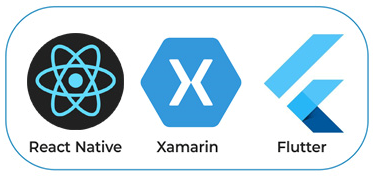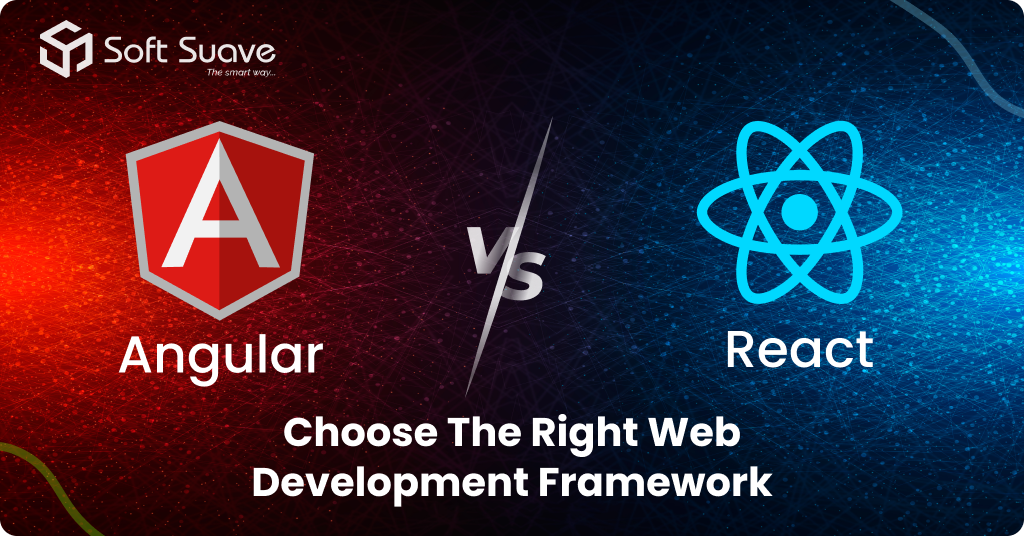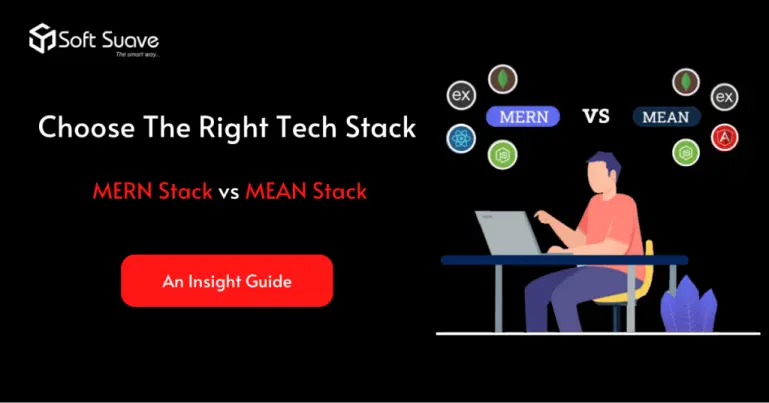Mobile Apps have become a must for all businesses irrespective of what industry they are in. If you are looking to build a mobile app that can act as an extension of your business online and boost more digital presence, you would have heard about platforms like Native, Hybrid, and Cross-platform. Each platform or approach has its own set of advantages. Now comes the million-dollar question – which one to choose between these three?
This article gives you some useful insights to help you make that decision. But let me give you a heads-up now, it mainly depends on your business and your customers.
Native App Development Approach:
Developing a Native mobile App offers consistent performance, speed, great offline functioning, high API usability, etc. On any given day, these Apps are considered to be the kings among other platform Apps due to their awesome features. These Apps are created for each operating system (IOS/Android) with their own languages. Also, these Apps are easier to prevent bugs and provide Single layouts for each platform to suit screen ratios. And, App elements are displayed quickly since they are preloaded beforehand.
Challenges:-
- No multi-platform support. So, it requires two codebases for the same App in order to perform on two operating systems.
- Its development cost will be huge that many startups cannot afford it.
- Higher development costs if we need different OS support and we cannot reuse the code unlike the cross-platform approach.
Want to hire a Native App developer? Contact Us Today!
Tools to use:-
Hybrid App Development Approach:
Hybrid Apps are created by combining mobile and web elements that can perform on multiple operating systems. For this, popular and established languages like JavaScript, HTML, and CSS come to the rescue. Moreover, these Apps can utilize features of both native as well as web App. The Hybrid App development team generally creates backend codes based on the native shell (Andriod or IOS) and then uploads them to Google Play or Apple App Store. Besides, these Apps can be easily re-coded to release new updates in the future.
Challenges:-
- Slower performance as compared to native and cross-platform Apps. Also, it struggles to deliver high graphics.
- OS features are restricted that it eventually increases the development time.
- No interaction with other native Apps.
Want to hire hybrid app developers? Contact Us Today!
Tools to use:-
Cross-platform App Development Approach:
Cross-platform Apps are a solution developed to reduce the overall development efforts by compiling the source code for further execution on various mobile operating systems. Moreover, the cross-platform App development team enjoys reusable/shareable code. And adding several features doesn’t require a lot of work since the code is consistent. Also, the UI performance can be comparable to native Apps. The top cross-platform frameworks are Flutter, React Native, and Xamarin.
Also Read: Flutter vs. React Native vs. Xamarin – Find the Right Framework for You
Challenges:-
- Sometimes these Apps face UX Challenges although has a good user interface.
- Integrating cross-platform Apps with local settings, notifications, and preferences is a bit difficult task.
Want to choose a cross-platform development company? Contact Us Today!
Tools to use:-
Native vs Hybrid vs Cross-Platform – How to Choose?
Now that you have the idea of what is Native/Hybrid/Cross-platform Apps, let us dive into some significant areas you should be aware of that would assist you to choose one among the three options.
Performance:-
An App’s Performance is the main thing that improves the user experience to a great extent. Since native Apps can effectively explore advanced features of smartphones like memory management, network, and wireless access points, etc., this segment belongs to it. Although cross-platform Apps may render similar service delivery, native Apps are the true winners here. Moreover, hybrid and cross-platform Apps may fail to explore the full power of smartphones. This is because they require additional framework-based support to deliver more features at scale.
App development cost:-
The cost of developing a mobile App will greatly depend upon,
- Time to market
- Design and functionality
- Code reusability
- Time and effort required
If you own a small or a startup business, I reckon the cost will be a top priority while making any business decision. The native approach is the most expensive as it requires developing and maintaining separate Apps for each operating system unlike hybrid or cross-platform Apps. And, the hybrid Apps may lack in performance, so let’s leave that. Hence, if we take the above-mentioned points, we can safely say the Cross-platform approach wins here. It enables developers to utilize a single codebase to build Apps for multiple operating systems without compromising on performance (it can even match native-like experience). Hence, with limited efforts, resources, a reliable mobile app development company can create a great cross-platform app that brings the best output.
Development Tools and Library support:-
All three development approaches have unique sets of awesome tools and libraries. For instance, the Native approach enjoys robust tools like Xcode, AppCode, and Android studio that can work wonders. While strong tools like Ionic, Apache Cordova, and Visual Studio come to the rescue of a hybrid approach. However, cross-platform also enjoy powerful tools like React Native, Flutter, and Xamarin. This states that each platform has sufficient capability and we can’t come to the conclusion of a clear winner in this segment.
Security:-
Have you wondered why most financial and government organizations prefer native mobile Apps? Because native Apps grants a more secure environment for customer data by incorporating features like encryption of files, intelligent fraud detection across core OS libraries, etc. Moreover, it can easily leverage core OS credentials that ensure no security flaws or vulnerabilities. Hence, if you want to develop an App that manages customer’s personal information, native development will be the best pick.
User Experience and Customization:-
How good the App provides user experience determines its success. This is because a business cannot satisfy its App users with great performance alone. Providing a sleek interactive design, easy usability is also important. Hence, we cannot miss the option of customization and personalization of an App. In this area, the native approach has an inherent advantage, thanks to its ability to provide better UI capabilities backed by solid libraries and interface components.
Target Audience:-
By analyzing the Statista survey of mobile operating system distribution, we can safely say that Android dominates the mobile App industry. However, your customer’s preferences, needs, and wants play a huge role while selecting a suitable development platform.

Analyze what OS the majority of your customers use – is it IOS or Android? For instance, mobile users in the USA mostly prefer Apple devices, but people from other geographical regions may prefer Android. Hence, developing an Android App for your potential customers who live in the USA will not work out and may cost you thousands of dollars. In this case, you can choose native App development to build iOS App. On the other hand, you can go for a cross-platform/hybrid approach if you have both iOS and Android customers at an even ratio.
Type of App:-
Each development approach renders some unique benefits to a particular type of App. For example, eCommerce mobile applications can be developed effortlessly by the hybrid platform. Whereas, 3D games or games based on lots of animations or Apps that constantly use the device’s hardware like camera, GPS, etc., can be developed through a native platform. And, if your App is not complex and does not require extensive coding or you are unaware of which groups to target, you can opt for a cross-platform approach to target audiences on several OS.
Polishing Off:
To be honest, we cannot conclude one particular approach of App development is greater or suitable than the others without carefully analyzing factors. These factors include what the App needs to perform, who are its target audience, or what features it should have, etc.
That’s why it’s always advisable to get in touch with an experienced and trusted mobile app development company like Soft Suave. Use this 30-min free consultation to talk with our proficient project manager who can examine your App requirements and specifications and help you select one platform that gives the best results for your business.
The accomplished Lead Mobile Developer at Soft Suave Technologies. With a passion for driving innovation, Maria leads the mobile development team with precision. His strategic mindset seamlessly integrates the latest technologies, ensuring the delivery of cutting-edge mobile solutions. Connect with Maria to explore the dynamic world of mobile development under his expert guidance.
